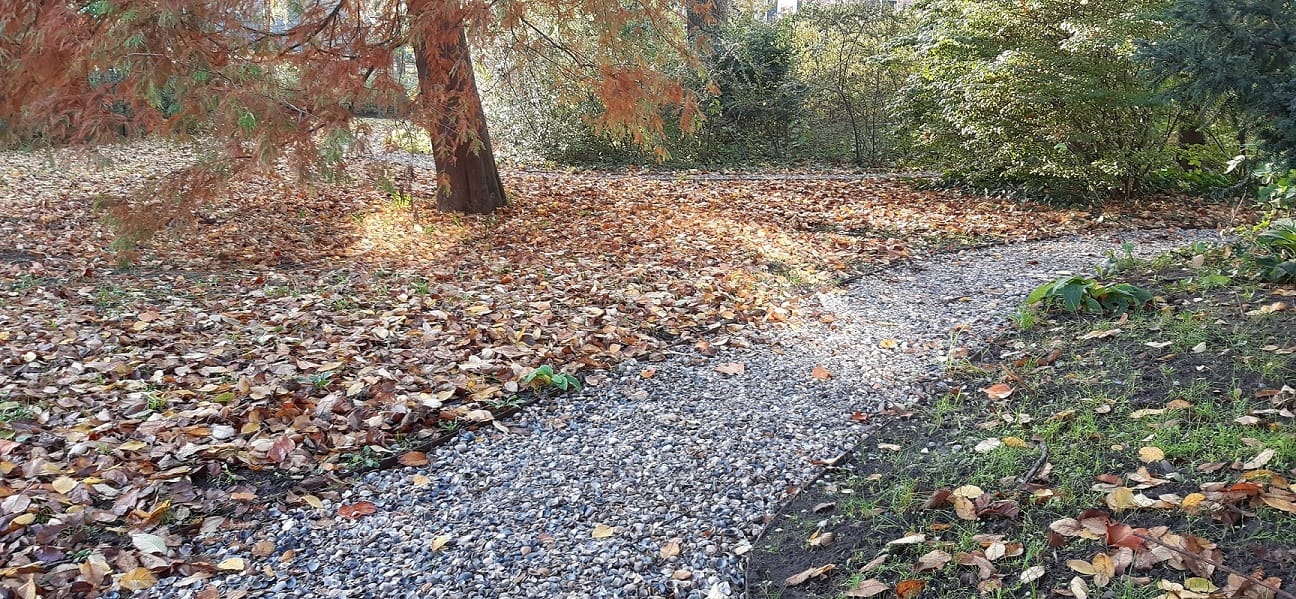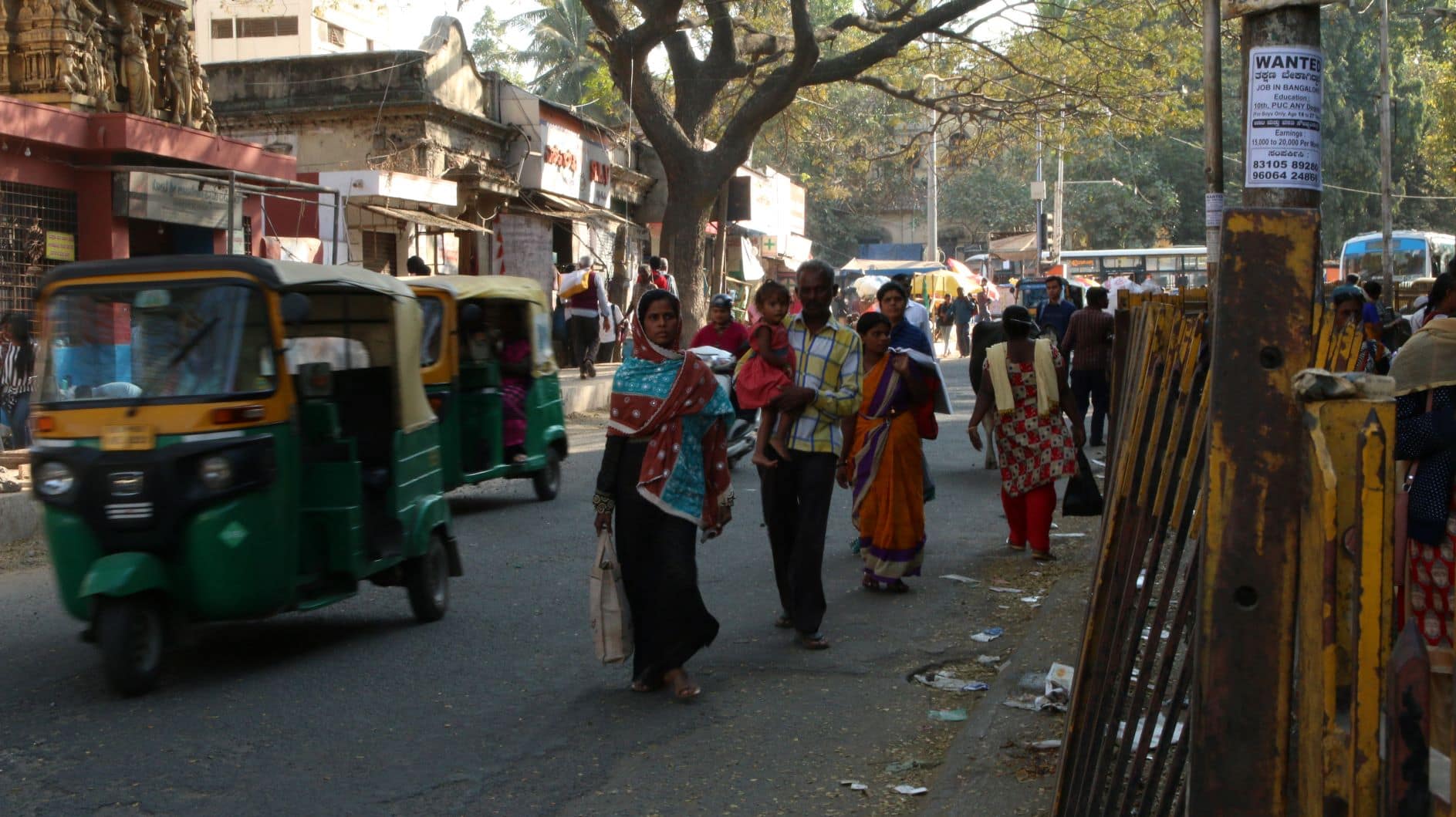What’s happening at the faculty now that we are in lock-down? Actually, more than you think. This blog post gives you a sneak preview of the changes that happened to the faculty garden and the Heymans building.
This post introduces the concept of Linguistic Bodies, the analysis of expressive writing from complexity science, and how it can be linked to Personality and Depression.
University students with symptoms of Attention Deficit / Hyperactivity Disorder (ADHD) often suffer from negative mood symptoms. This blog post reveals why this association exists.
Do people in individualistic cultures feel lonelier than in collectivistic cultures? Surprisingly, they don’t: Although people in individualistic cultures often have less stable relationships and spend more time alone, average loneliness seems to be lower than in more collectivistic cultures. In my dissertation, I provide an explanation for this “cultural paradox of loneliness”.
Inspiration can be difficult to find, and even more difficult to hold on to. But is it even what we think it is? Eric Rietzschel explores the meaning of inspiration and its relation with creativity.
Every quarter, we share articles published in the BCN Newsletter and we are happy today to share an interview with Merel Keijzer on language learning. The interview was conducted and written by Kavya Prasad, a PhD candidate in molecular imaging and neuroscience at the UMCG. Merel Keijzer is a professor of English linguistics and […]
Honours College student Teresa Jungbluth describes aphantasia: the inability to voluntarily paint mental pictures in one’s own head. She also discusses how this affects one’s life, as well as variations in human experience and the power of visualization.
Dr Burman writes about recent efforts to make it possible to read thousands of articles at one glance. It turns out to be quite complicated, especially if you want to be able to trust that what you’ve understood is consistent with what your sources actually said.
Self-expansiveness suggests that the lines between “me” and “other” are perceived as fluid for some people. A vague concept? Maybe, but with very real consequences. Lasse Lorenz describes what self-expansiveness can do for people, their compassion for others and the world around them.
This blog post is about the dire effects of loss aversion in decision-making and serves as a quick guide on how to overcome this by preparing yourself to get out of your comfort zone to take on the challenges of entrepreneurship.










